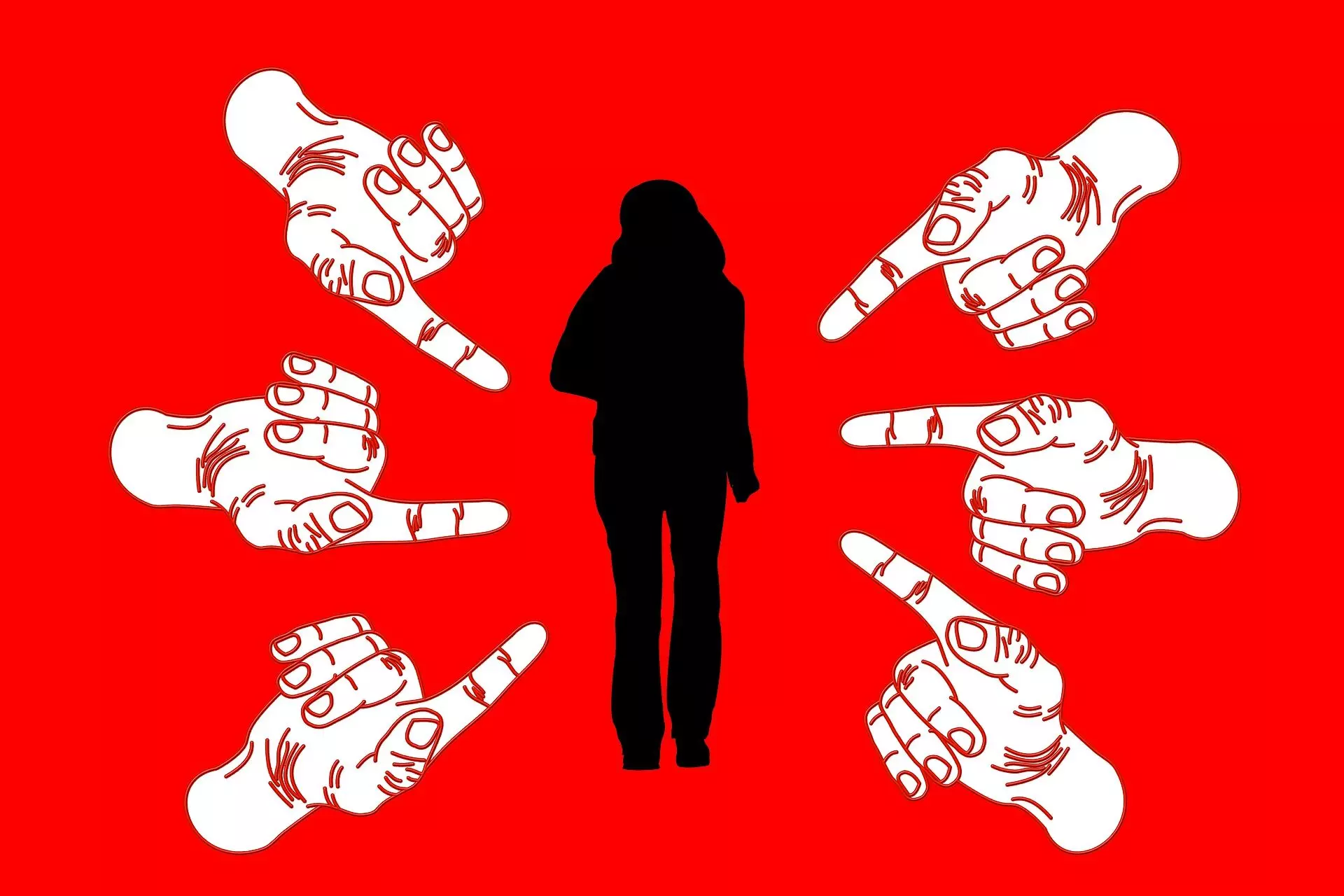Stop shaming women
In crimes against women, it’s becoming routine to victim shame, making it seem almost a justification of the incident

A girl gets raped...why was she out of the house so late in the night? A girl gets molested...did you see what she was wearing? A girl gets sexually harassed…she must have led him on. A girl gets murdered by her boyfriend...how could she be in a live-in relationship? A girl gets hit, run over and dragged for 12 kilometres by drunk drivers...she was smoking, drinking, partying with men. When a crime against a woman takes place in India, it’s become almost second nature to blame the victim. Character assassination and victim shaming become the norm; as if by slut-shaming the victim, our society can justify any heinous violence unleashed upon her. Somewhere there is a dichotomy in how we treat our women. We revere them as goddesses and also abuse them as whores. The latter doesn’t demand the disrespect but as a society we refuse to give her the space she deserves. Therefore, any woman who dares to sidestep the rules of society, is deemed to be ‘tainted’. Even when we don’t directly call her names, the insinuations of alleged fast-living, loose characters point to the same.
When the victim is male, seldom do we hear discussions on why he was out in the night, how much alcohol he had consumed, or the company he kept. Why are the rules so different for women? That when a crime is committed, the entire history of the woman’s choices is put on display. Do they make for better stories? Sure. And give rise to soaring TRPs? Hell, yes! After all, a nation fed on soap operas always wants to know the seedy side of every incident. More so, if it has a young woman as the protagonist. What can be more titillating than a supposedly wanton woman attending new year’s parties with men where there is alcohol and smokes? An independent woman atop her scooty not needing the support of men. Story-telling too can be a business, whether they be heart-warming, emotional ones or insidious tales of evil. But it’s not just the stories that we get to read, it’s the allegations, the rumours, the allusions that are cheaply portrayed to grab attention. The gossip around the character traits of an individual, rather the incident or the crime, become the headline.
And in the middle of it all, almost always, are the women. Be it Shraddha Walkar or Anjali Singh, the collective social conscience leans towards putting the blame squarely on the women. Recently, a Kerala Judge humiliated the victim of sexual harassment for dressing in a “sexually provocative” way. “Girls should not” — that’s how most regressive, khap-styled sentences begin — do anything that expresses their sense of freedom, that shows them to be self-sufficient individuals, that topples the social status quo of women being perceived as economically and physically weak, or threatens the power equation that traditionally wants to keep them suppressed. Women must not live their lives governed by their own decisions. How can they? Shouldn’t the father, brother, husband, son dictate the terms and conditions of their lives? And if women dared to do live their lives on equal footing, the patriarchal attitude to injustices committed against them is to look for a moral loophole that will immediately justify the misdemeanour. We find it so hard to treat a crime as a crime. By blaming the victim, the attempt is also to distance oneself from the incident. Along with it comes the false sense of safety and consolation that such an incident would not have occurred under normal circumstances, and would never happen to us. The truth is it still could, no matter what the woman wore, what time she went out, what she consumed, or who she lived with.
Another constant struggle is to disassociate habits, choices, and mannerisms from the victims. Dare to wear what you want? Mingle freely with people of the opposite gender? Have a taste for the tipple? Uh oh, woman — you’re trouble or in trouble! Men and women were not meant to live in isolation; even God didn’t intend it. But Indian society does. If a woman is friends or parties with men, she is considered as deserving of the crime perpetuated against her. Wait, I should have stopped at ‘parties’. If a woman drinks and/or smokes, she is termed ‘fast’, ‘loose’, ‘modern’. Drinking and smoking, while in excess are injurious to health, they have no bearing on the principles and character of a person. In India, only men can party, not women. There will be mobs of drunk hoodlums on the streets, inebriated men getting into scuffles, and intoxicated buffoons urinating on women in airplanes, but all is acceptable. You see, men will be men, and women must always be tested by fire. Modern day Sitas, anyone?
The writer is an author and media entrepreneur. Views expressed are personal



